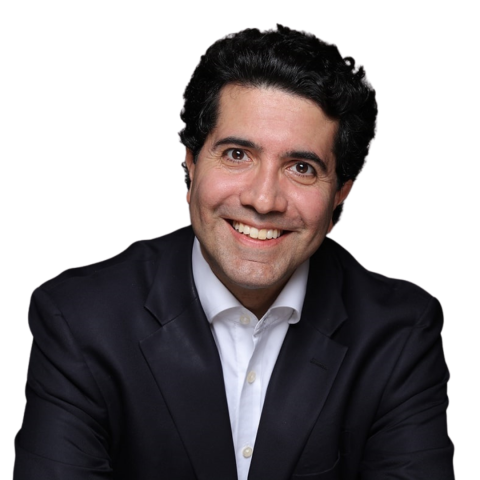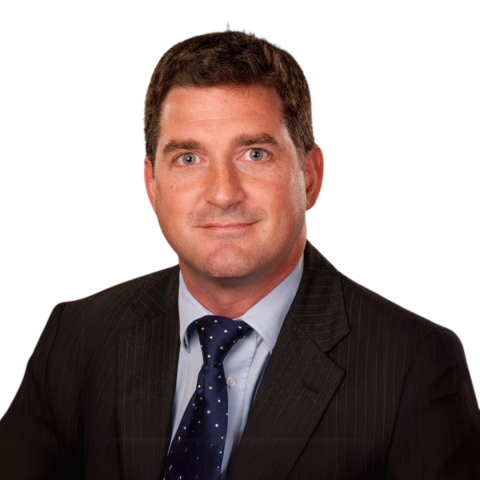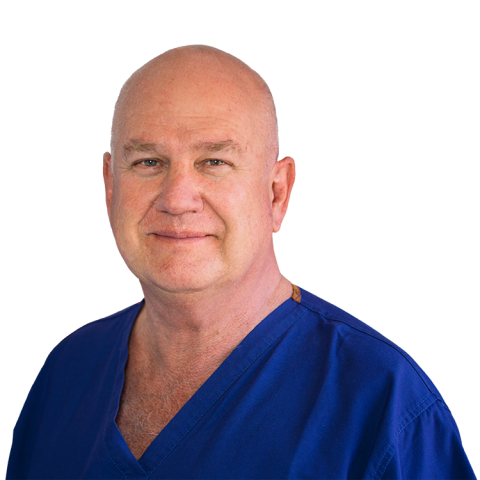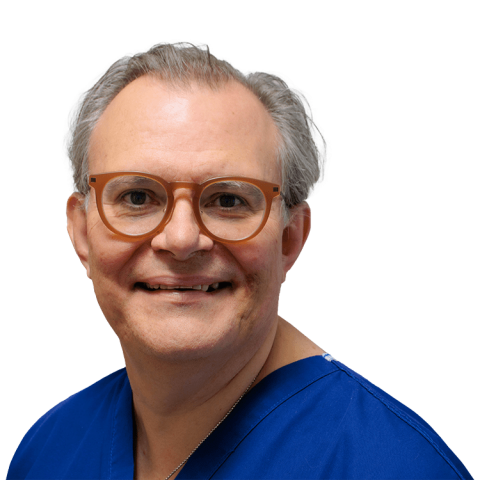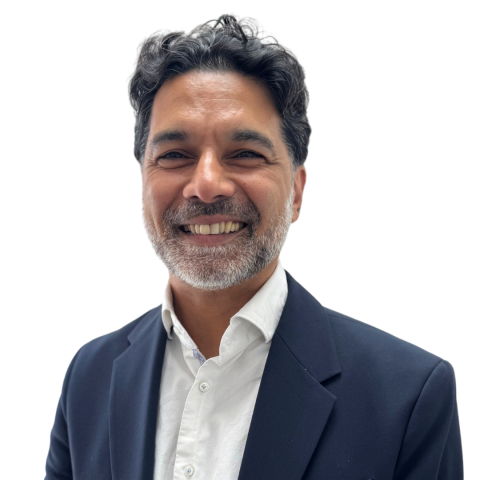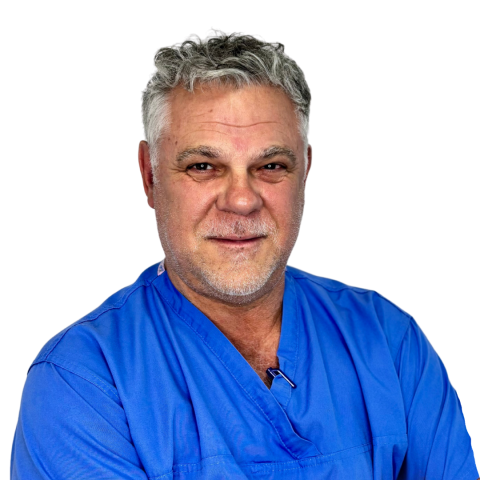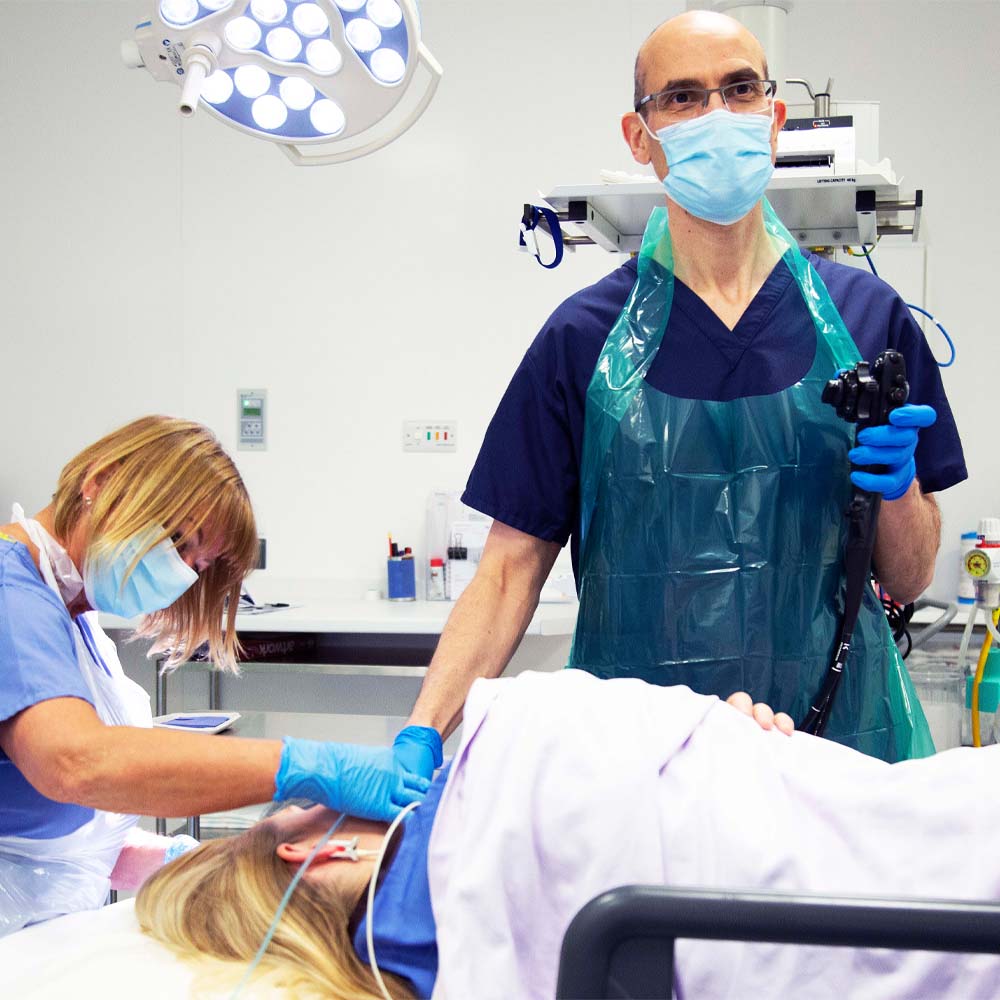How Long Does it Take to Recover?
Following the face lift surgery you should be pain free or experience only minimal pain. Painkillers will, nevertheless, be prescribed.
Because of the local anaesthesia injected, you will find that parts of your face will be temporarily weakened and numb following surgery. This should be a short-lived effect and normally pass by the following morning. Most of the scars will be hidden within your hairline and in the normal creases of your skin.
Bandages are removed the next day. If stitches/staples require removal, this will be done at an outpatient appointment one to three weeks later by one of our experienced Plastic Surgery Nurses.
Recovery periods vary between patients, depending on factors such as your general health and the complexity of the operation. In general, you should be up and about in a day or two, but plan on taking it easy for the first week after surgery. You will need to be especially gentle with your face and hair since your skin will be both tender and numb at first.
Each patient will differ, but in general strenuous activity, including sex and heavy housework, should be avoided for at least two weeks, although, walking and other very mild exercise is allowed. You should aim to get plenty of rest for at least two weeks after the procedure to allow your body to heal. You should be able to drive about a week after surgery but please check with your car insurer for your specific conditions of cover.
In the days immediately after surgery, your face may look and feel rather strange. Your features may be distorted from the swelling, your facial movements may be slightly stiff and you will probably be self-conscious about your scars and appearance. Some bruising may persist for 2 or 3 weeks and you may tire easily. By the third week, you will look and feel much better.
Most patients are back at work about 14 days after surgery. If necessary, special camouflage makeup can help to mask any bruising that remains.
How Satisfied Will I Be With the Results?
The vast majority of patients are delighted with their facelift - often with results exceeding expectations. However, you should remember that the results may not be immediately apparent. Even after the swelling and bruises are gone, your skin may be thin and might feel dry and rough for several months.
Having facelift surgery does leave scars, but these scars are usually well hidden in the natural creases of your face and ears. Scars go through various phases in their healing, but after about 6 -12 months they should be settling down to be thin, inconspicuous lines. If necessary, your hair can be styled to hide the scars. Men may find they have to shave in new places - behind the neck and ears - where areas of beard-growing skin have been repositioned.
Although having a facelift can turn back the clock, it cannot stop the clock. Your face will continue to age with time, but, the effects of facelift are lasting and you will continue to look younger and fresher for some years following treatment.
The information included here is provided for general guidance only. Your surgeon will discuss the exact nature of your treatment, including procedure details, recovery times and any possible side-effects at your consultation.
